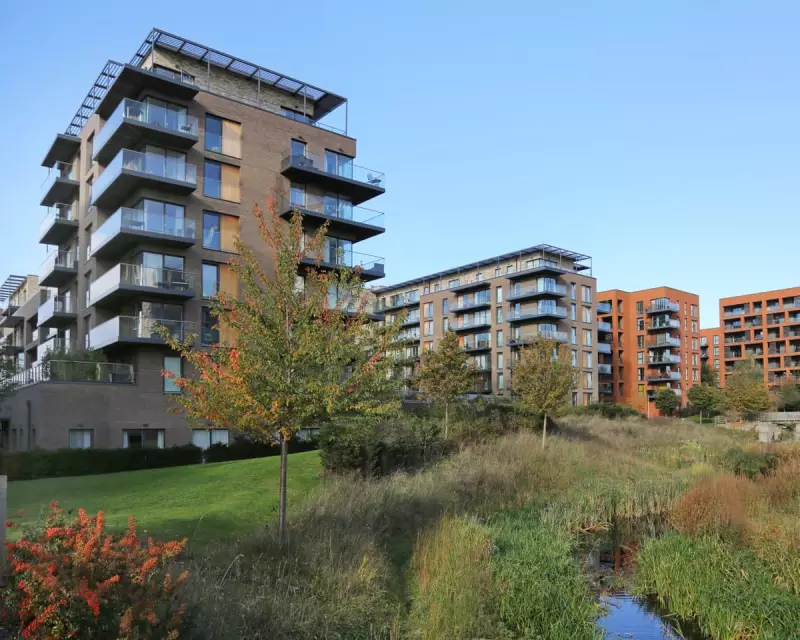
Britain's next generation of homeowners are facing a heartbreaking choice: secure your first property, but kiss goodbye to the dream of a garden or green space. New research exposes the stark reality of a housing market that's forcing young buyers to sacrifice outdoor living for urban survival.
The Great Garden Compromise
Across the UK, aspiring homeowners in their twenties and thirties are being pushed into properties where outdoor space has become an unaffordable luxury. The traditional image of a first home with a modest garden is rapidly disappearing, replaced by flats without balconies and houses where parking spaces outweigh patches of grass.
"We looked at over 50 properties before we realised our budget simply wouldn't stretch to anything with proper outdoor space," explains 29-year-old teacher Sarah Jennings, who recently bought a one-bedroom flat in Bristol. "Our 'garden' is now a window box. It's not what we dreamed of, but it's what we could afford."
Urban Squeeze: The Numbers Behind the Crisis
The statistics paint a worrying picture of how Britain's property landscape is changing:
- Properties with gardens now command premiums of up to 20% in many urban areas
- First-time buyers are 40% more likely to purchase homes without private outdoor space compared to a decade ago
- Commuting times have increased as buyers move further from city centres in search of affordable gardens
- Shared outdoor spaces in new developments have become marketing tools rather than genuine community assets
The Mental Health Toll of Concrete Living
Psychologists are raising concerns about the long-term impact of this shift away from green spaces. "Access to gardens and natural environments isn't just a luxury – it's fundamentally important for mental wellbeing," says Dr. Michaela Reynolds, an environmental psychologist. "We're seeing increased rates of stress and anxiety among young urban dwellers who feel disconnected from nature."
The pandemic lockdowns highlighted how crucial private outdoor space became for mental health, yet the current market makes such spaces increasingly exclusive.
Planning Policy Failures
Critics argue that current planning regulations and developer priorities are exacerbating the problem. New build estates often feature minimal garden space, while conversion projects frequently sacrifice existing gardens for additional units.
"We're building homes that meet square footage requirements but fail to provide quality of life," argues Tom Fletcher of the Urban Green Spaces Campaign. "Developers maximise profits by minimising outdoor space, and young buyers pay the price."
A Glimmer of Hope?
Some local authorities are beginning to address the issue through revised planning policies that mandate minimum garden sizes and better access to communal green spaces. Meanwhile, innovative solutions like rooftop gardens and vertical planting systems are emerging in urban developments.
But for now, an entire generation faces the sobering reality that their first step on the property ladder might mean stepping away from the garden gate altogether.
The question remains: will future generations look back on private gardens as relics of a bygone era, or can we reverse this worrying trend before it's too late?





